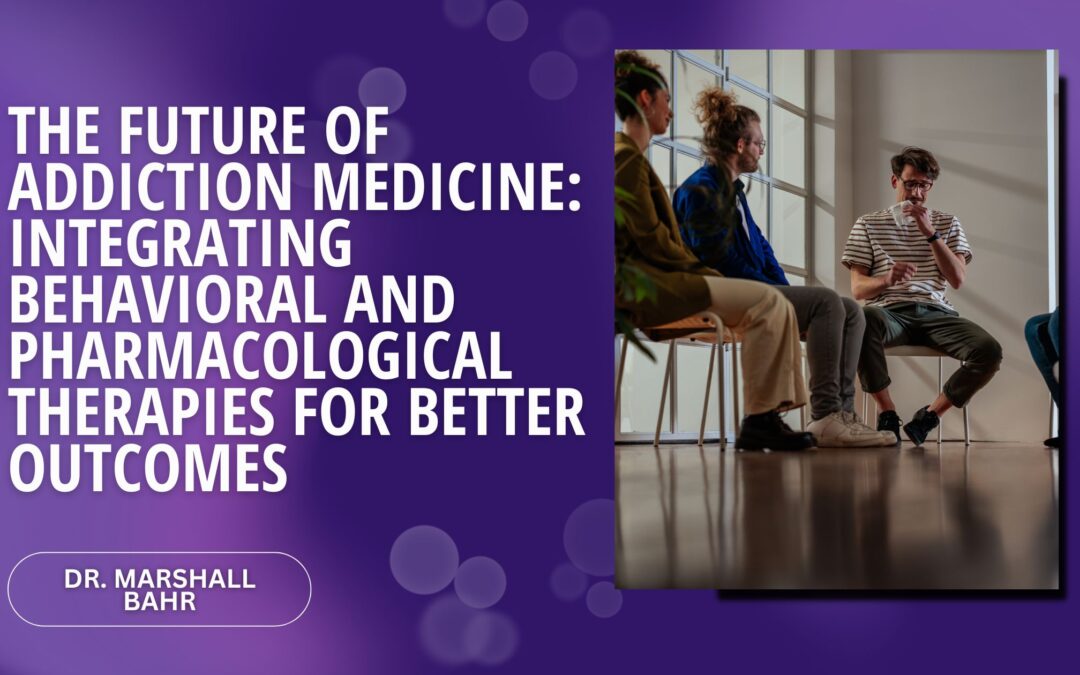Addiction is a complex, chronic disease that affects the brain, behavior, and overall well-being. As the opioid crisis and substance use disorders continue to challenge healthcare systems worldwide, the field of addiction medicine is evolving to adopt a more comprehensive, evidence-based approach. One of the most promising developments in this space is the integration of behavioral therapies with pharmacological treatments—a model that aims to address both the psychological and physiological aspects of addiction for better long-term outcomes.
Pharmacological therapies, such as methadone, buprenorphine, and naltrexone, have been game changers in treating opioid use disorder. These medications help stabilize brain chemistry, reduce cravings, and manage withdrawal symptoms, making it easier for individuals to engage in treatment and avoid relapse. However, medication alone is rarely a complete solution. Without addressing the underlying behavioral and emotional factors contributing to addiction, recovery remains fragile.
This is where behavioral therapies come in. Approaches such as cognitive-behavioral therapy (CBT), contingency management, motivational interviewing, and group counseling help individuals understand the root causes of their addiction, develop coping skills, rebuild relationships, and create healthier habits. These therapies also provide a framework for dealing with co-occurring mental health conditions like depression, anxiety, or PTSD, which are common among individuals with substance use disorders.
When combined, pharmacological and behavioral therapies create a synergistic effect that enhances the likelihood of sustained recovery. For instance, someone receiving buprenorphine to manage opioid dependence may be better able to focus and engage in therapy sessions, while the insights gained from therapy can strengthen their commitment to medication adherence and lifestyle change.
Integrated treatment models are gaining traction in both inpatient and outpatient settings. Comprehensive care teams—consisting of physicians, therapists, case managers, and peer support specialists—are working collaboratively to deliver personalized treatment plans. These plans consider the patient’s medical history, substance use patterns, mental health status, and social support systems.
Technology is also playing a growing role in this integrated approach. Telehealth platforms are expanding access to both medication-assisted treatment (MAT) and therapy, particularly in underserved or rural areas. Mobile apps and digital tools can now track medication adherence, offer virtual counseling sessions, and deliver real-time support, making it easier for patients to stay engaged in their recovery journey.
Despite these advances, there are still challenges. Stigma, lack of insurance coverage, and fragmented healthcare systems can create barriers to integrated care. To move forward, continued investment in education, policy reform, and infrastructure will be essential.
The future of addiction medicine lies in breaking down silos and treating addiction as the multifaceted disease it is. By uniting behavioral and pharmacological therapies, providers can offer a more holistic, effective pathway to recovery—one that recognizes the humanity of each patient and supports them every step of the way.

